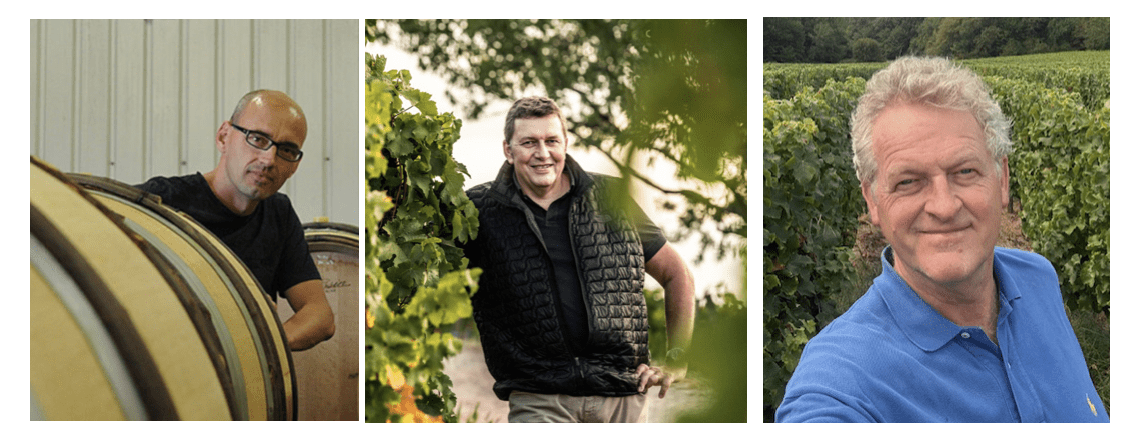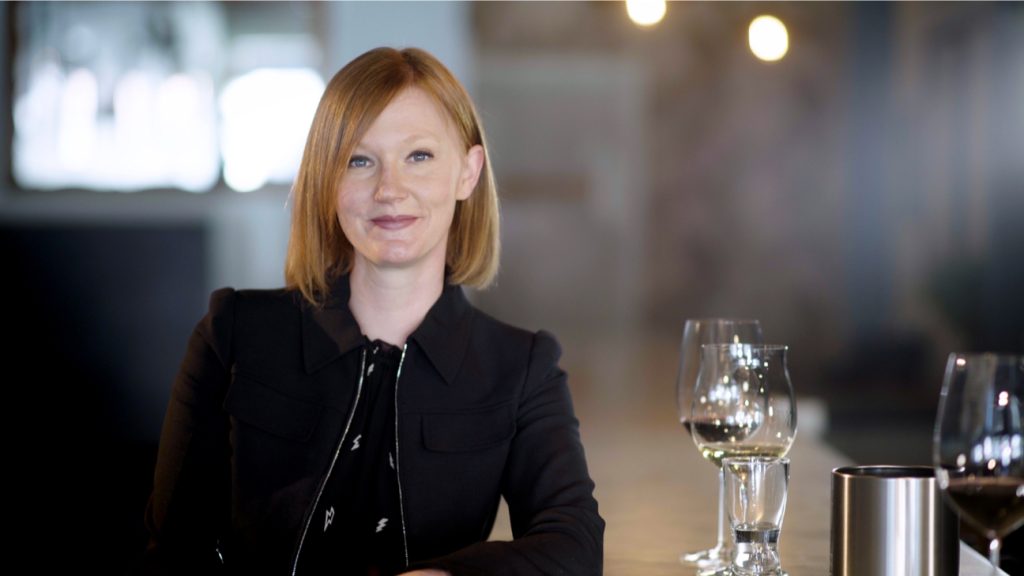Liz Sagues recaps the Let’s talk about… sessions of September which looked at the ageability of wines with Kelli White, and a deep dive on the 2025 harvest with select producers from France.
The Circle’s two September Let’s talk about… webinars could hardly have been more different: one explored the science of how wine ages, the other examined current challenges — including the 2025 harvest — in three major French regions.
To open the new season, writer, educator and sommelier Kelli White took us into the bottle to explore what happens as wine ages. Alcohol, acidity, tannins, colour and sugar all evolve at different rates, and storage conditions add another powerful — and unquantifiable — influence.
Although her talk was both fluent and lucid, Kelli urged caution: “If you want to write about wine ageing, don’t read anything I’ve written. Go to primary sources. Form your own opinion. It’s so easy to get it wrong.”
She did, however, leave us with one memorable line on drinking mature wines: “Wine is not a banana. Once a wine hits maturity, it often lingers there — sometimes for years — before falling apart.”
This session was proposed by CWW member Dominic Buckwell, director of the Libération Tardive Foundation, which is dedicated to showcasing the transformative power of time on fine wine. The foundation commissioned Kelli to write extensively on the science of ageing; an edited version of her article is available on JancisRobinson.com.
Kelli was joined by wine chemist Dr Andrew Waterhouse, former director of the Robert Mondavi Institute at UC Davis, who praised her as delivering “one of the best non-technical presentations on wine ageing I’ve heard”. He also contributed valuable insights during the Q&A. You can watch the full session here.

Two weeks later, the focus shifted to France. Expert representatives from Alsace (Olivier Humbrecht MW), Bordeaux (Gavin Quinney) and Chablis (Fabien Moreau) joined Circle president Rosemary George MW, who later described it as “one of the most interesting Let’s talk about… sessions we’ve had, with lots of food for thought.”
Harvest 2025 was naturally a central theme, but the speakers went well beyond it:
-
Alsace: Olivier Humbrecht reported the region’s smallest harvest in 15 years, largely due to poor flowering. Yet lower yields may ease the problem of oversupply, which has driven some AoC wines to uneconomic prices. He shared climate data highlighting the need for more rainfall, the growing difficulty of producing sweet wines, and the potential for new red varieties such as Tempranillo. Farming organically and biodynamically, he also drew attention to a new French study showing high levels of chemical exposure for residents within 200 metres of vineyards.
-
Bordeaux: Gavin Quinney expressed optimism for what could be a “fantastic” 2025 vintage, though noted that recent successes have come despite climate pressures and with yields now a third lower than at the turn of the century. Vineyard area has shrunk to under 90,000 hectares, with uprooting concentrated in lower-value areas. Stock levels, however, mean consumers can find excellent value wines. Gavin’s analysis of “solar” vintages versus mildew years was a fascinating glimpse into his detailed work for JancisRobinson.com, Liv-ex and Harpers.
-
Chablis: Fabien Moreau was frank about his own problems, described rain arriving just before full ripeness in what was otherwise a good harvest. Longer-term, earlier budbreak has made spring frosts more damaging, though frost protection has advanced. Improved ripeness has virtually ended chaptalisation, while maintaining freshness and “minerality” has become the greater challenge. Extreme weather, as in 2024, adds further strain, particularly for organic growers. He also observed that Chablis now harvests at roughly the same time as the Côte de Beaune — rather than two weeks later, as in the past. While praising La Chablisienne co-operative, he lamented the decline of small family domaines and added a note of caution: “It’s too easy for Chablis. We’re well protected, we can sell at a good price.”
Much more emerged in this thought-provoking discussion, so if you missed it live, do catch the recording on our YouTube channel.

